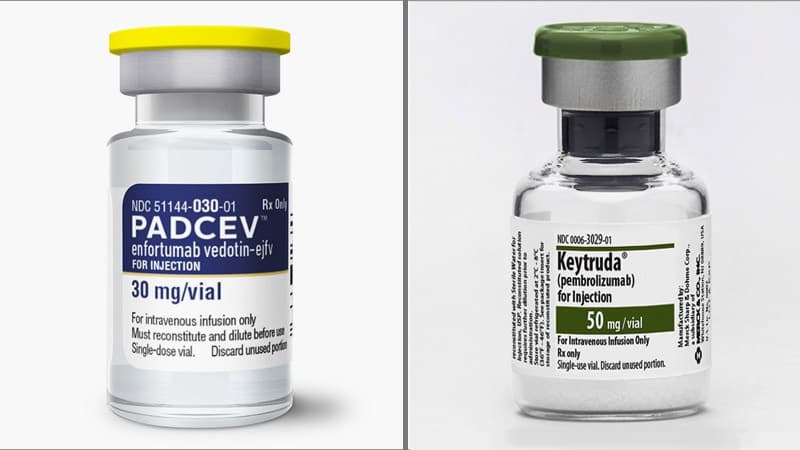Oracle Health gains TEFCA QHIN status, expands national data exchange
Oracle Health received Qualified Health Information Network designation under the Trusted Exchange Framework and Common Agreement on November 20, 2025, positioning the company as a major hub for national health data interoperability. The move could reshape patient data portability, care coordination, and public health reporting while raising questions about market concentration and equitable access to digital health infrastructure.

Oracle Health secured a Qualified Health Information Network designation under the federal Trusted Exchange Framework and Common Agreement on November 20, 2025, a step that formally allows the company to participate in the national architecture designed to make electronic health information more widely available among providers, payers, and public health authorities. The designation marks a milestone in the company’s efforts to knit together disparate electronic records systems into faster, broader pathways for exchange.
The QHIN status allows a designated organization to operate as a national level node that connects health information networks, facilitating patient record portability, cross system care coordination and the flow of data to federal and state information exchanges. Market and health IT analysts said the decision could expand Oracle Health’s influence over how patient data moves across the health system, with implications for electronic record sharing, public health reporting, and health care analytics.
The development comes amid ongoing federal efforts to improve interoperability after years of fragmented digital infrastructure hampered clinical workflows, delayed public health surveillance and complicated transitions of care. Supporters argue that a more connected system can reduce redundant testing, enable clinicians to access vital records in emergencies and speed public health responses to outbreaks. For communities that have long faced obstacles to timely care, smoother data exchange has the potential to improve outcomes and lower costs.
At the same time, the designation raises policy and equity concerns. Oracle Health operates within a market where large technology vendors have steadily expanded their footprint since major acquisitions in the last several years. Observers warn that concentration of exchange capacity inside a small number of platforms could create incentives that favor larger health systems over safety net providers and small clinics that lack negotiating power. If underserved hospitals and community clinics face barriers to joining national networks, the benefits of interoperability may not reach the populations with the greatest unmet needs.
Privacy and commercial use of clinical data are other fault lines. Expanded data flow for analytics and commercial purposes can fuel innovations in population health management and predictive care, yet it also amplifies questions about consent, secondary use, and the degree of federal oversight needed to protect vulnerable patients. Policymakers will be watching how access rules, permitted uses and auditing provisions are applied under TEFCA to ensure data is used in ways that prioritize patient welfare and public interest.
Federal health IT authorities developed TEFCA to create common governance and technical standards for trust based exchange across the country. The new QHIN designation for Oracle Health underscores the transformation underway in the health data ecosystem, from siloed records to large scale networks. Ensuring that this transformation yields equitable gains will require continued regulatory attention, investment in under resourced providers, and clear limits on commercial exploitation so that improvements in interoperability translate into better care for all communities.

